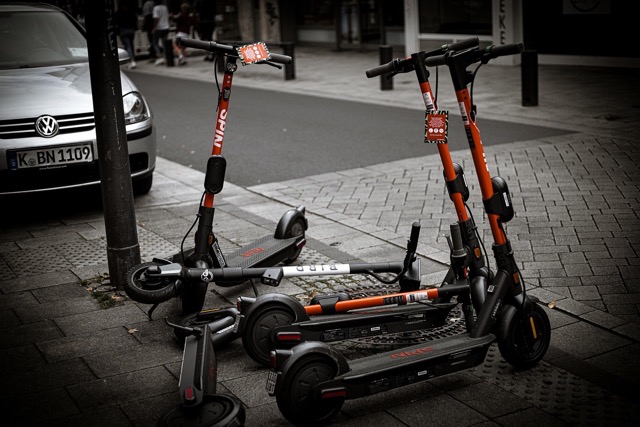Founded in 2017, Bird became an international leader in electric scooter rentals. At its peak, Bird was valued at over $2 billion. Today, the micro-mobility company is publicly traded (BRDS), with a market cap of just over $103 million.
On Tuesday, Bird announced that it would “fully exit three European countries (Germany, Sweden, and Norway), and to wind down operations in several dozen additional, primarily small to mid-sized cities across the U.S. and EMEA [Europe, the Middle East and Africa].” The company did not specify which cities would lose service.
After a thorough review of their portfolio of cities serviced, Bird concluded, “in some of our markets, the conditions required to build an economically viable business are not yet met, and this is often due to the lack of a robust regulatory framework.”
The press release paints a bleak picture of the once-high-flying transportation provider.

Ironically, the announcement came hours before the San Francisco Board of Supervisors approved an ordinance forcing all scooters within city limits to feature anti-sidewalk riding technology. Locals had long complained that the scooters (non-specific to Bird) littered city sidewalks and posed safety issues for riders and pedestrians alike.
Despite these developments, Bird remains hopeful.
“Based on continued ridership growth and positive feedback from our city partners, we have never been more confident in the relevance and urgency of our mission – making cities more livable by reducing car usage, traffic, and carbon emission. We believe that focusing our business on a near-term path to self-sustainability best positions Bird to deliver on this mission in the long run.”





